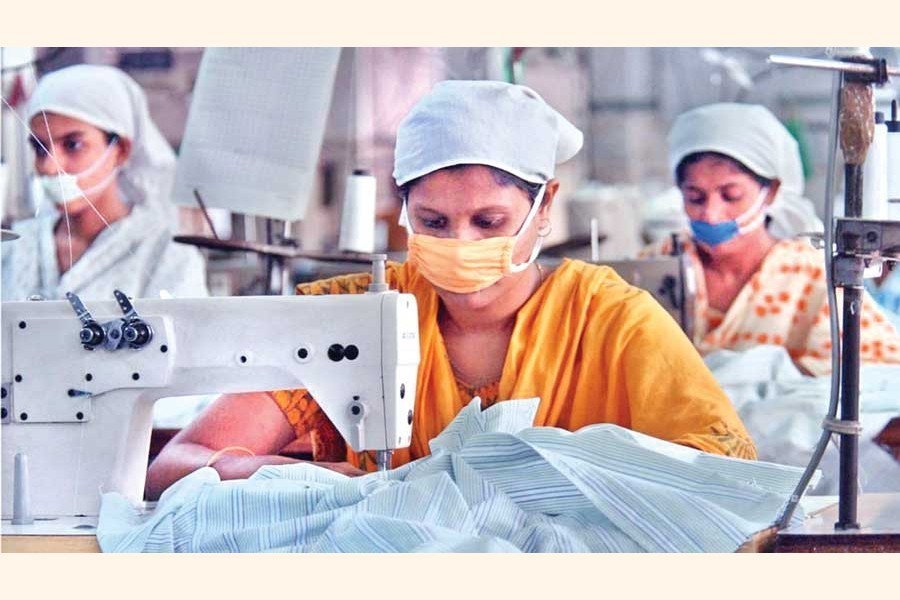Women are frequently seen behind the wheels of heavy trucks and buses in the developed countries. These inter-state vehicles cover hundreds of miles on a single assignment. The spectacle is part of life in those lands, like that which involves women police and soldiers.
In the fast-advancing countries like Bangladesh, the common people have long been used to watching uniformed women police haul up unruly female demonstrators. Young, smart women in army uniform are also common scenes during national day parades. Once a taboo of sorts, passengers, nowadays, do not think twice before boarding a plane steered by women pilots or first officers.
Yet there is something revolting when people gawk at women driving easy-bikes or baby-taxies on the streets in a district or upazila town of Bangladesh. People brought up on middle-class socio-cultural values are yet to be used to seeing women in the traditionally male jobs. Even many such people do not approve of women working in the crop fields and post-harvest jobs. Yet, the rural womenfolk have been working as farm labour for ages. Lots of them raise small agri-plots and kitchen gardens. Scenes of women manoeuvring country boats are emerging as common sights. Men willing to see the womenfolk confined to kitchens beside the earthen stoves or tending to their babies accept the view only grudgingly.
Amazingly, people nurturing this mentality are found in every sector of society. A considerably large portion of the residents in small towns, and, even in big cities, is averse to seeing young and middle-aged women in the jobs traditionally reserved for men.
However, to their chagrin, women in droves continue to make a foray into the traditionally male-dominated areas of jobs. A remarkable aspect of the female income-generating activities is their increasing entry into the business sector. Though not pronounced, they have been engaged in small businesses in the rural sector for decades. Mostly based on manufacturing, these women start from the scratch, at times by pooling funds. Thus collective endeavours serve as the seed of future business ventures. Small to medium entrepreneurship ventures run by women are now found all over the country. Ranging from handy household items, toys, fancy objects to male leather shoes, the list of non-traditional products is getting longer by the day.
Weaving saris at small scale has been concentrated in some regions for long. But the new ventures like poultry, cattle-rearing, dairy etc are fast becoming popular among the village-based women entrepreneurs. These are commensurate with their urban counterparts' involvement in a number of women-friendly enterprises. Big city-based beauty parlours, fitness centres, colourful boutiques etc are some of them.
With Dhaka becoming a city with dozens of income outlets, newer and innovative initiatives keep opening. The online media plays a dominant role in these ventures. Foremost among them are the call centres. Both employers and employees benefit from these centres. At the same time, individual women are increasingly coming forward to pick the career of freelancing. Since these jobs require a certain level of digital expertise, the 'analogue women' turn to conventional ventures like online shops and fashion houses, chiefly based on making fashion-wear befitting current trends, doing bridal make-up etc.
A previously unthinkable vast world of entrepreneurship beckons the Bangladesh women. What is needed in this challenging endeavour is courage and the resolve to go though occasional hardship and achieve the targeted goals. In all surveys and studies, it is the struggles of the already privileged women in villages and towns which occupy dominant places. The resolute ultra-poor women remain unsung. Yet many of them make it to the top by their standards. The only capital they have is determination to touch ever-elusive borders of self-reliance. In a male-dominant world, it was a pipe dream decades ago.


